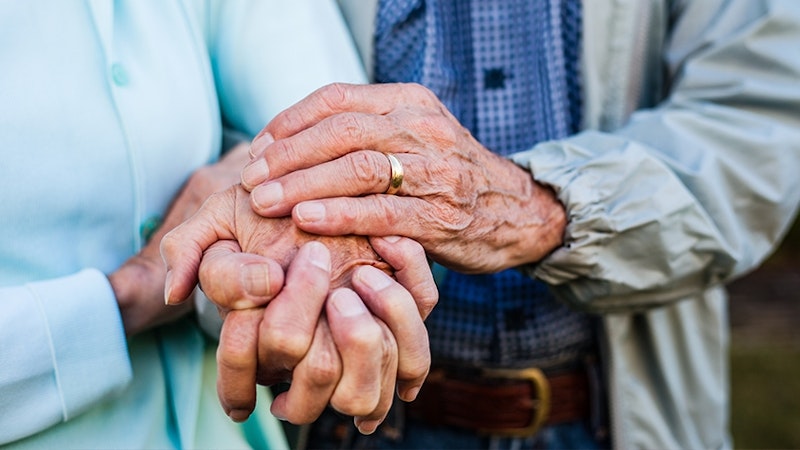
Are you looking for carers who have experience with end of life care?
What is end-of-life care?
End-of-life care focuses on providing comfort, support, and quality of life to individuals in their final stages of life. It addresses physical, emotional, and spiritual needs, often involving pain management, counselling, and assistance for both the patient and their loved ones.
End-of-life care means supporting an individual to be as comfortable as possible. This could include:
Help with everyday tasks such as personal care, nutrition and/or medication support
Managing physical symptoms
Giving emotional support to the individual as well as their loved ones
Discussing and deciding an individual’s end-of-life plan
Will support
Who is end-of-life care for?
End-of-life care is for individuals with terminal illnesses or conditions where recovery is no longer expected. It supports people nearing the end of their lives, regardless of age or diagnosis, focusing on comfort and dignity.
Where does end-of-life care take place?
Home care provides the comfort of a familiar environment, allowing patients to remain in a place they know and cherish. It offers more control over daily routines and care while allowing loved ones to be present and involved. This setting is often ideal for those who value privacy and family closeness.
Hospitals offer the benefit of advanced medical technology and specialised care. With 24/7 monitoring, patients have immediate access to treatments and professionals for managing symptoms or complications. This is particularly helpful for individuals with complex medical needs.
Hospice care focuses on comfort and dignity, often providing holistic support for physical, emotional, and spiritual well-being. Hospices are designed to create a peaceful environment, with professionals skilled in managing end-of-life needs, offering both patient and family-centred care.
Nursing homes are suitable for patients who need continuous care but do not require intensive hospital treatment. These facilities combine medical care with assistance in daily activities, providing a balance of support for comfort and quality of life.
How do I access end-of-life support?
In the UK, you can access end-of-life support through:
GP or healthcare team: Speak to your GP, hospital doctor, or specialist nurse. They can arrange care and referrals.
Hospices: Contact local hospices directly for support.
Community services: District nurses and palliative care teams provide home-based care.
Charities: Organisations like Marie Curie and Macmillan Cancer Support offer guidance and care.
Services are usually arranged through the NHS, social care, or charitable organisations. If you are actively looking for these services, you can use Pairly to find the closest care provider with availability.